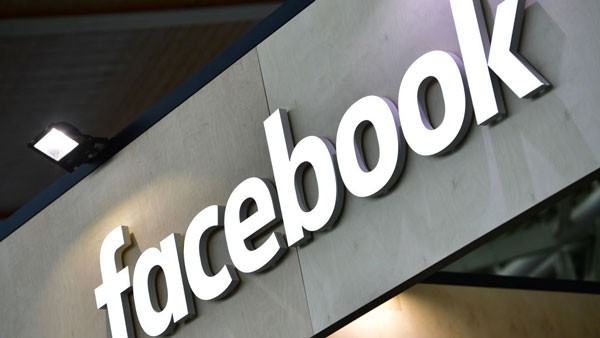The news: Facebook has announced it will remove videos manipulated using AI to distort reality, so-called “deepfakes.” In a blog post, global policy management vice president Monika Bickert said the company will take down any videos that have been edited to be misleading in ways that “aren’t apparent to an average person.” However, the new policy will not apply to videos intended to be parody or satire, or any videos edited solely to omit or change the order of words.
A whopping get-out clause: Facebook has given itself a lot of wriggle room with this new rule. For example, it wouldn’t ban a video of House Speaker Nancy Pelosi that went viral on the platform last summer, which had been edited (without using AI) to make her seem to be slurring her words. Arguably, these sorts of “shallow fake” videos, edited with readily available tools, are a greater threat for politicians ahead of the 2020 US election. But how do you combat that? And who decides what qualifies as comedy?
What about false videos? Facebook has said it will not implement a blanket takedown policy for manipulated videos flagged as false by its fact checkers, as they would “still be available elsewhere on the internet” and leaving them up provides people with “important information and context.” Yet again, it seems Facebook is fudging content moderation issues.
Sign up here to our daily newsletter The Download to get your dose of the latest must-read news from the world of emerging tech.

